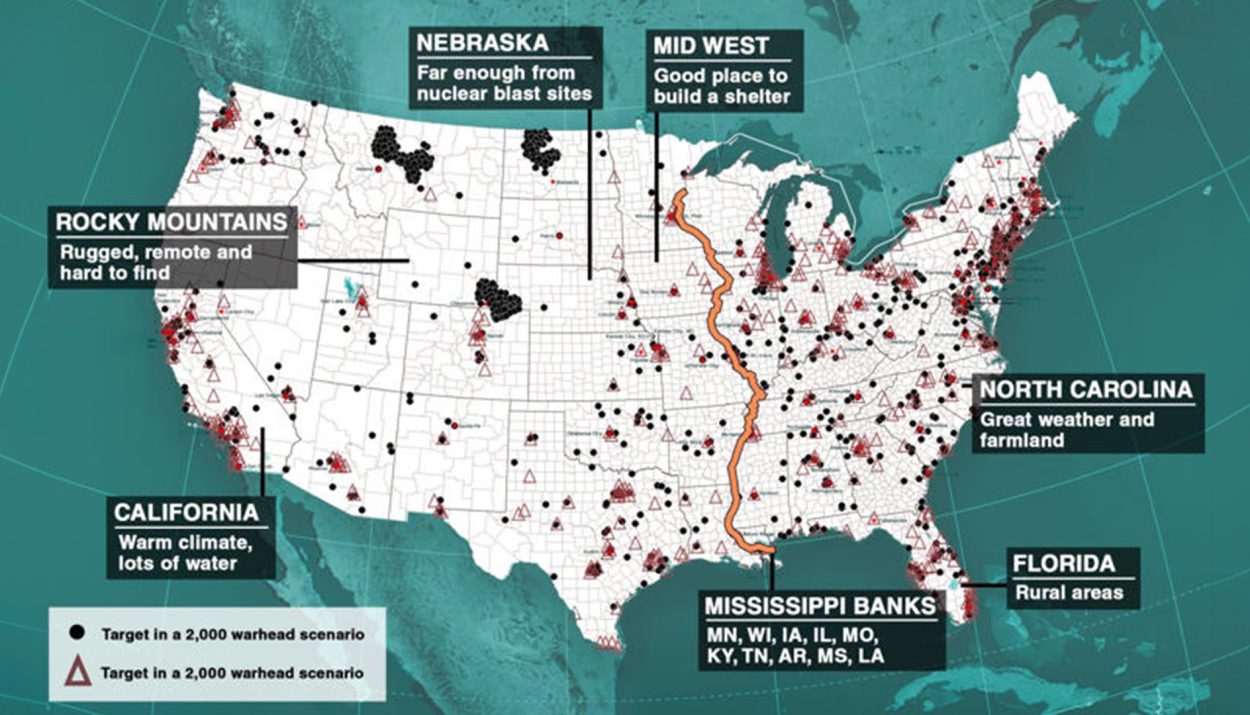As concerns about a potential nuclear apocalypse and World War 3 escalate, prospective homebuyers in the United States are reconsidering their priorities when it comes to choosing a place to live. Real estate experts have identified remote and rural areas with warm climates, access to water, and farmland as the best options for surviving a nuclear war.
Rethinking Home-Buying Priorities in the Face of Nuclear Threats
According to Andrew Ragusa, CEO of REMI Realty on Long Island, New York, the traditional factors that once influenced home purchases, such as school districts, shopping centers, and public transportation, have taken a backseat to more survival-oriented considerations. “In the event of nuclear war, the location of your home can determine your chances for survival,” Ragusa told the Daily Mail.
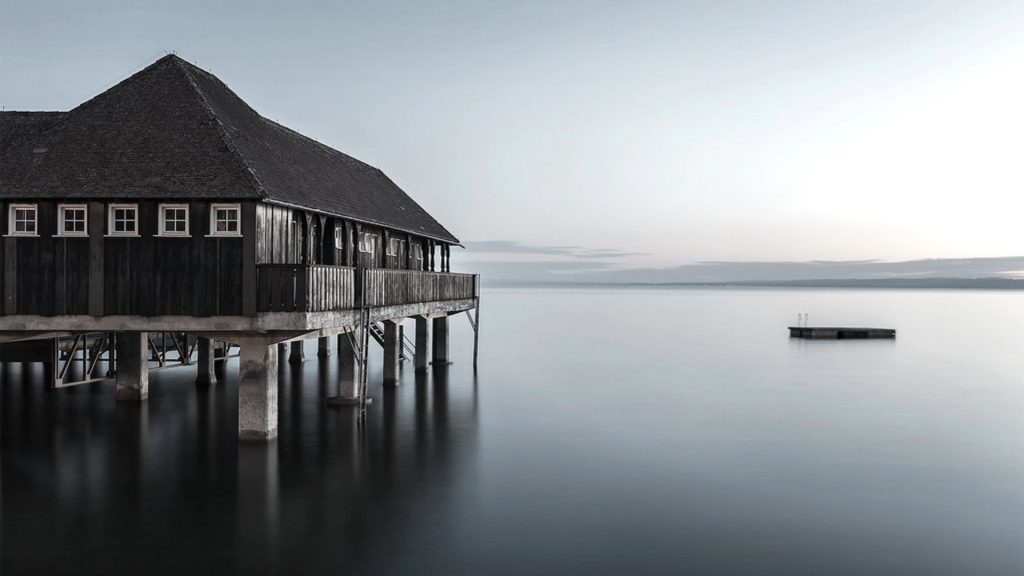
Ragusa emphasizes that warm climates, access to food, and proximity to water sources have become the new top priorities for homebuyers preparing for the worst-case scenario. As fears of a nuclear apocalypse continue to grow, more and more people are seeking out properties that offer the best chances of survival.
California, Florida, and Texas: Ideal States for Nuclear War Survival
Real estate experts have identified parts of California, Florida, and Texas that are located away from major cities like San Francisco, Miami, and Houston as ideal locations for surviving a nuclear war. These areas are particularly attractive due to their proximity to water and favorable weather conditions.
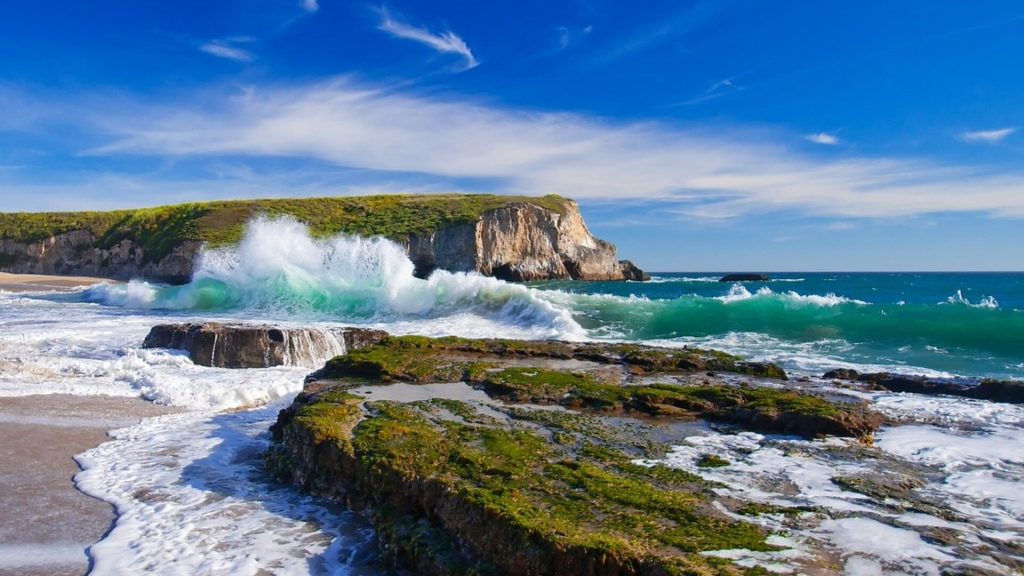
“If you’re near water, you will always be near food and water that can be ingested after it has been desalinated,” Ragusa explained. The ability to access clean drinking water and food sources is crucial for long-term survival in the aftermath of a nuclear attack.
The Mississippi River States: A Haven for Nuclear War Survivors
In addition to California, Florida, and Texas, Ragusa also recommends considering homes in states along the Mississippi River, including Arkansas, Illinois, Iowa, Kentucky, Louisiana, Minnesota, Mississippi, Missouri, Tennessee, and Wisconsin. These states offer a combination of access to fresh water and a lower likelihood of being targeted in a nuclear attack.
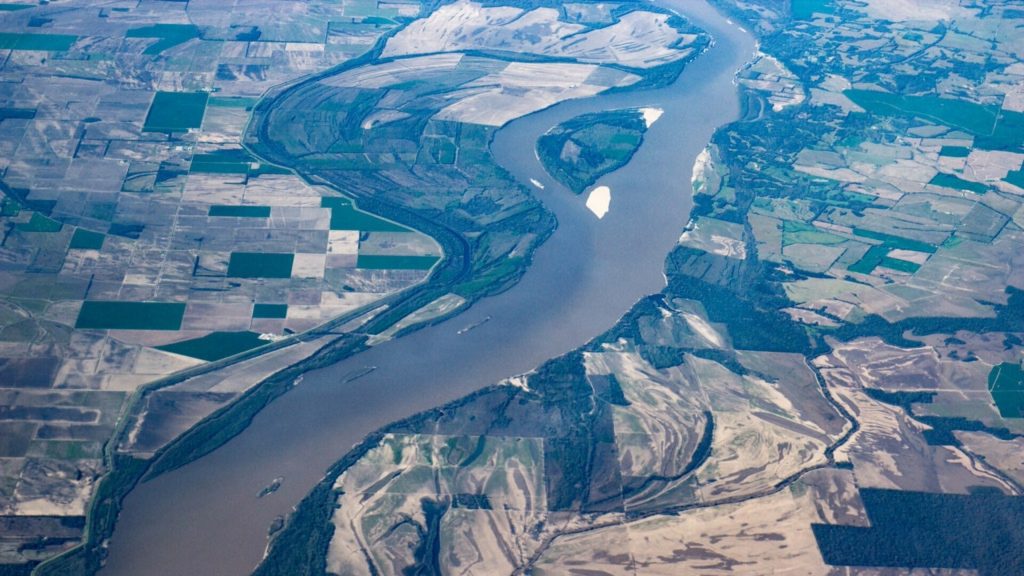
The Mississippi River states provide a unique advantage for those seeking to survive a nuclear war. The abundant water resources and distance from major urban centers make these locations attractive options for homebuyers prioritizing safety and self-sufficiency.
Escalating Nuclear Threats: Russia, North Korea, and the Doomsday Clock
The renewed focus on nuclear war survival comes amidst escalating threats from Russia and North Korea. Russia has intensified its nuclear rhetoric in the context of its ongoing war in Ukraine, while North Korea continues to expand its nuclear arsenal at an alarming rate.

Last week, the Doomsday Clock was set to a mere 90 seconds to midnight, indicating that the threat of nuclear catastrophe had “never been so great.” The symbolic gesture serves as a stark reminder of the precarious state of global security and the urgent need for individuals to prepare for the worst.
The Midwest and Southeast: Access to Fresh Water and Farmland
Jasen Edwards, chair of the Agent Editorial Board, suggests that the Midwest and Southeast regions of the United States are also well-suited for nuclear war survival due to their access to fresh water and abundant farmland. These resources are essential for sustaining life in the event of a prolonged crisis.
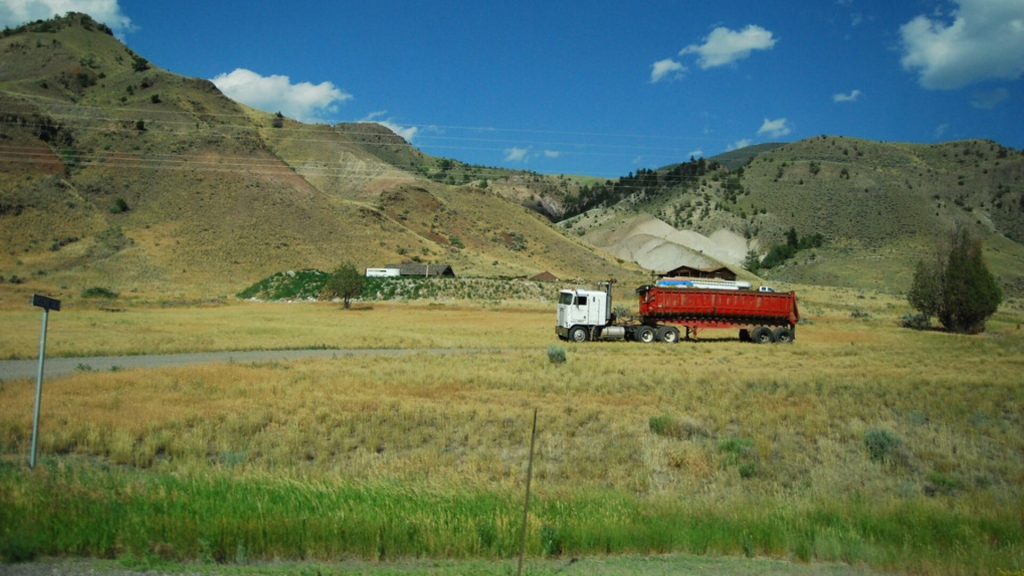
The ability to grow food and access clean water is paramount in the aftermath of a nuclear attack. The Midwest and Southeast regions offer a combination of fertile soil, ample water resources, and a lower risk of being directly targeted, making them attractive options for those prioritizing survival.
The Rocky Mountains: A Natural Shield Against Nuclear Fallout
Edwards also highlights the Rocky Mountains as a potentially safer area due to their elevation and the challenges they pose for nuclear warheads. The mountains’ height and the higher winds in the region could help disperse radioactive fallout more quickly, minimizing the impact on the surrounding areas.
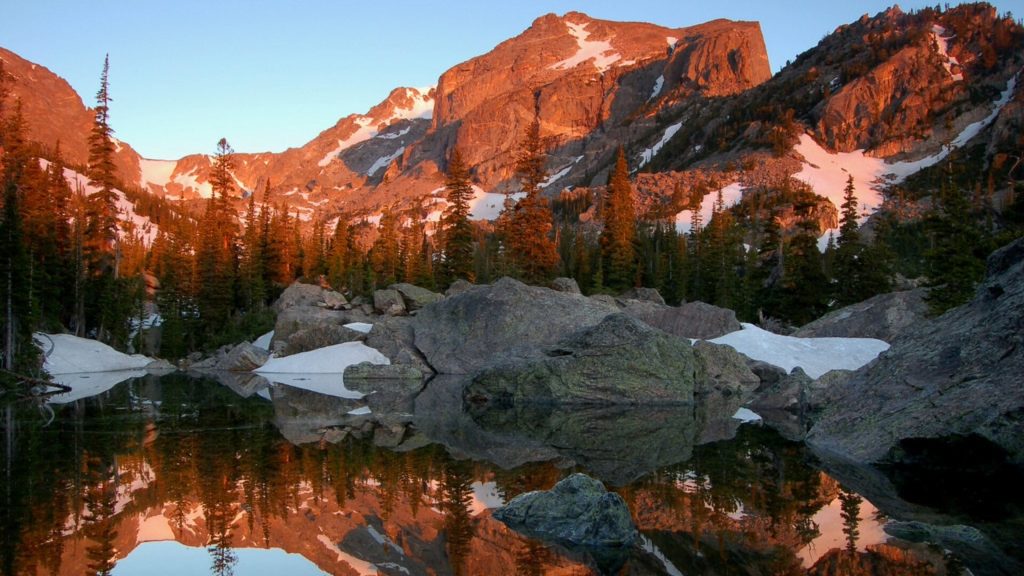
“The elevation of the Rocky Mountains means that fallout would be dispersed more quickly and assisted by higher winds, which could help to minimize any radioactive material reaching the area,” Edwards explained. This natural advantage makes the Rocky Mountains an appealing option for those seeking to mitigate the risks associated with nuclear fallout.
Nebraska: A Geographical Safe Haven
Among the states mentioned by real estate experts, Nebraska stands out for its unique geographical location, which offers protection against nuclear fallout. The state’s position in the central United States, combined with its distance from major urban centers and nuclear targets, makes it an attractive option for those prioritizing safety.
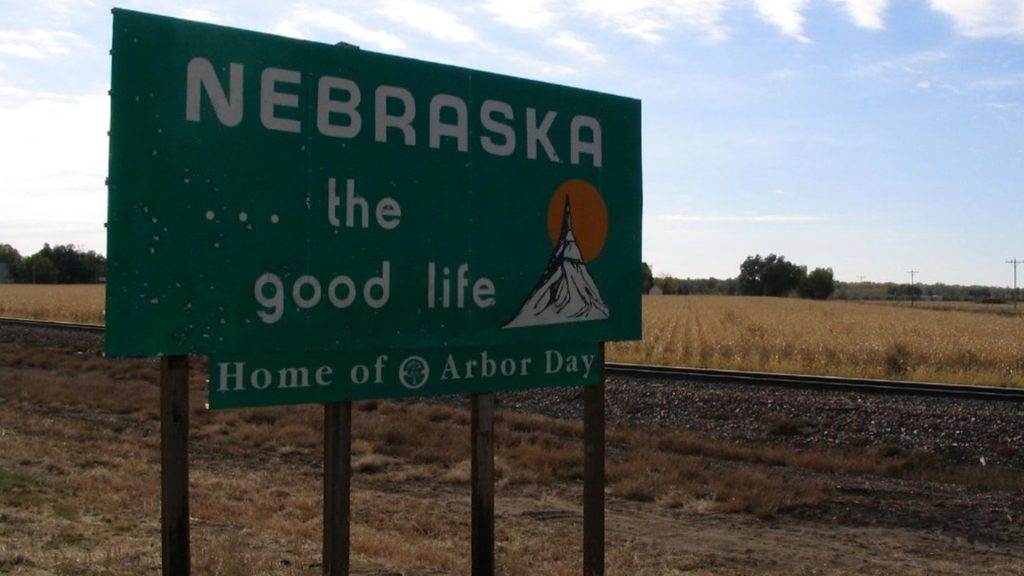
Edwards notes that Nebraska’s “geographical location offers protection against nuclear fallout.” The state’s vast expanses of farmland and access to fresh water sources further enhance its appeal as a potential haven in the event of a nuclear war.
Avoiding Nuclear Targets and Power Plants
The map compiled by the Daily Mail illustrates that the recommended places to buy homes are strategically located away from potential nuclear targets and the roughly 90 active nuclear power plants scattered across the country. These areas are less likely to be directly impacted by a nuclear attack or suffer from the immediate consequences of a damaged nuclear facility.
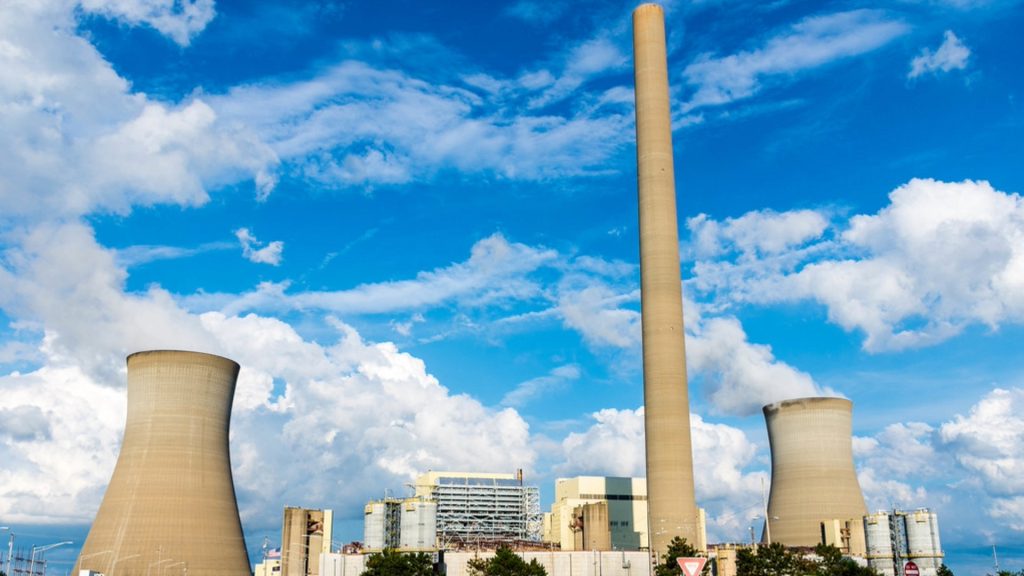
By carefully selecting a home in an area that is not near nuclear targets or power plants, individuals can significantly reduce their exposure to the risks associated with a nuclear war. This strategic approach to home-buying has become increasingly important as concerns about a potential nuclear conflict continue to mount.
The Psychological Impact of Nuclear War Fears on Home-Buying Decisions
The growing emphasis on nuclear war survival in the real estate market reflects a profound shift in the collective psyche of American homebuyers. As the threat of a nuclear apocalypse looms larger, more and more people are prioritizing safety and self-sufficiency over traditional amenities and conveniences.

The psychological impact of living under the constant threat of nuclear war cannot be overstated. For many, the decision to purchase a home in a remote, rural area is driven by a deep-seated desire to protect themselves and their loved ones from the unthinkable. This shift in priorities is likely to have far-reaching consequences for the real estate market and the way we think about home ownership.
The Importance of Self-Sufficiency in the Face of Nuclear War
As the prospect of a nuclear war becomes increasingly real, the importance of self-sufficiency cannot be overstated. Homebuyers who prioritize properties with access to water, farmland, and other essential resources are positioning themselves to weather the storm in the event of a catastrophic event.

In a world where the threat of nuclear war is ever-present, the ability to grow one’s food, access clean water, and live independently from the grid has become more valuable than ever. Those who have the foresight to invest in properties that offer these advantages may find themselves better equipped to survive the unthinkable.
The Role of Real Estate Experts in Navigating the Nuclear Threat
As concerns about nuclear war continue to shape the real estate market, the role of experts like Andrew Ragusa and Jasen Edwards has become increasingly important. These professionals are tasked with guiding homebuyers through the complex and often overwhelming process of finding a property that offers the best chances of survival.

Real estate experts who specialize in properties designed for nuclear war survival must possess a deep understanding of the factors that contribute to a location’s safety and resilience. By sharing their knowledge and expertise with prospective buyers, these professionals play a crucial role in helping individuals and families navigate the challenges of the modern world.
The Future of Real Estate in a World Haunted by Nuclear Threats
As the threat of nuclear war continues to cast a shadow over the global landscape, the real estate market is likely to undergo significant changes in the years to come. Properties that were once highly sought-after for their proximity to urban amenities and conveniences may lose their appeal as more and more people prioritize safety and self-sufficiency.
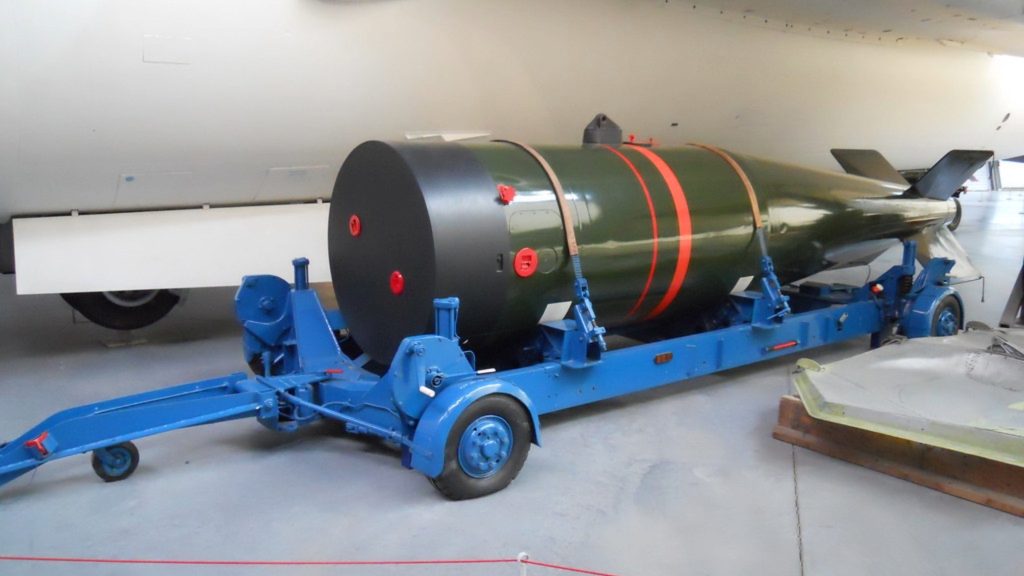
In a world haunted by the specter of nuclear annihilation, the real estate market may become increasingly bifurcated, with properties designed for survival commanding a premium over those that prioritize traditional amenities. As homebuyers grapple with the reality of living under the constant threat of nuclear war, the industry must adapt to meet the changing needs and priorities of its clients.
The Importance of Community in the Face of Nuclear War
While the prospect of nuclear war is deeply unsettling, it is important to remember that survival is not just about individual preparedness. In the event of a catastrophic event, the strength and resilience of our communities will play a crucial role in determining our collective fate.
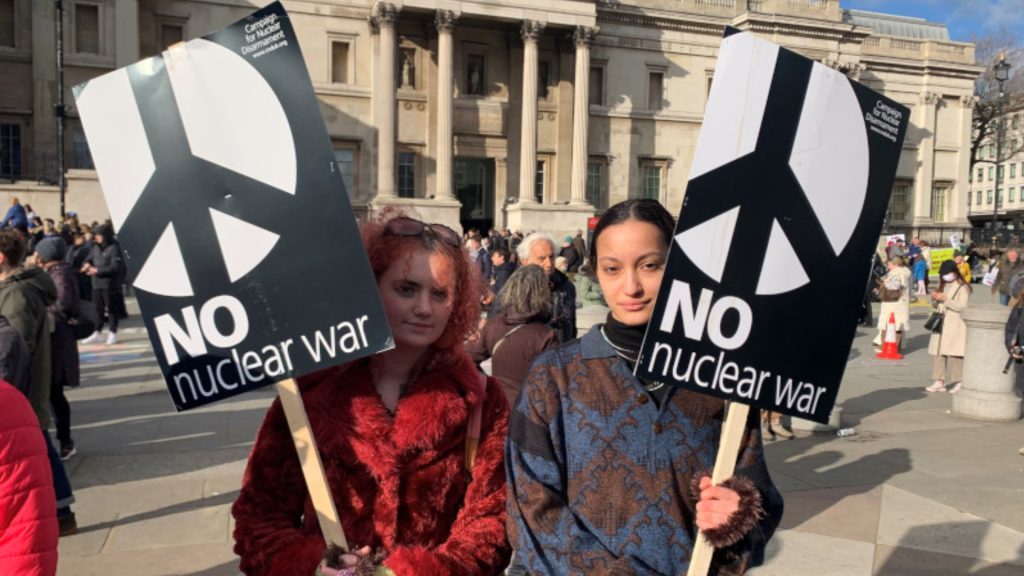
As homebuyers seek out properties that offer the best chances of survival, they must also consider the importance of building strong, supportive communities. By working together to prepare for the worst, we can increase our chances of weathering the storm and emerging from the ashes of a nuclear war with our humanity intact.
A Call to Action: Preparing for the Unthinkable
The map revealing the best places to live in the US in the event of a nuclear war serves as a sobering reminder of the precarious state of our world. While the prospect of a nuclear apocalypse is deeply unsettling, we must confront this reality head-on and take steps to prepare for the unthinkable.

Whether it means investing in a property that offers the best chances of survival, building strong, resilient communities, or simply taking steps to ensure that we are prepared for the worst, each of us has a role to play in navigating the challenges of the modern world. By facing our fears and taking action to protect ourselves and our loved ones, we can find the strength and courage to confront whatever the future may hold.

